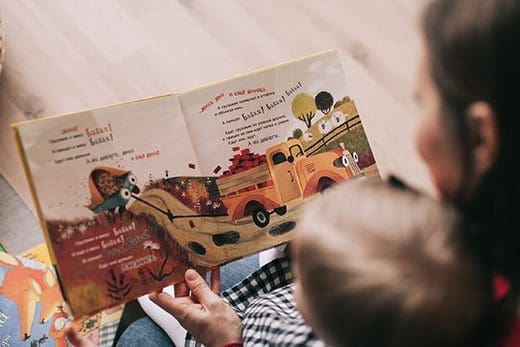By Lisa Moser, K-State Research and Extension news service
Manhattan, KS- When sitting in the stands at a youth event, it is easy to pick up on a wide range of parenting approaches, as well as varied levels of interest shown by the children participating.
As the new year begins, Bradford Wiles, a K-State Research and Extension specialist in applied human sciences, encourages families to pause and reflect on ways that will best help develop children as they work through adolescence.
“This is a really good time to have conversations with kids about their routines and activities and allow the children the opportunity to share their likes and dislikes,” Wiles said. “Parents should always have the final say, but it is important to listen to children to learn what their goals are. And where it is feasible, make adjustments.”
Wiles said sometimes it is hard for parents to allow their children to drop an activity that the family is invested in.
“These transitions can be very hard for the adults who have invested large sums of money and time into activities that their children decided that they didn’t want to do anymore,” Wiles said.
He stressed the importance of really listening to the children.
“If we want to raise happy and healthy kids, we need to be open to the possibilities of what can happen when we give them the opportunity to tell us what will make them happy and healthy. And if those things aren’t risky, then go for it,” Wiles said. “But keep in mind this is not a democracy and parents are the final arbiters of what goes on in their households.”
To help facilitate an openness where children feel safe to express their views, Wiles encourages parents to engage them in a daily dialog from a young age.
“The first step is to ask kids open-ended questions,” Wiles said. “By doing so, parents are demonstrating that they are really interested in their children’s lives.”
It is by being present and responsive to their needs that parents can model life skills to their children, he said.
“One of the hallmarks of good parenting is you dislike the behavior but love the child. Children are going to do things wrong and make mistakes, but it is how we respond to mistakes that is important,” Wiles said.
He gave the example of tenacity as a behavior that parents can model when a child has a misstep in life.
“Modeling encouragement and tenacity will help them get through difficulty,” Wiles said.
Through regular conversations with children, parents are fostering bonds that will last a lifetime.
Wiles said: “If a child has been asked day after day how things are going, eventually they will share information with parents that will provide an opportunity to learn about themselves while gaining trust and building a resilience needed throughout life.”













